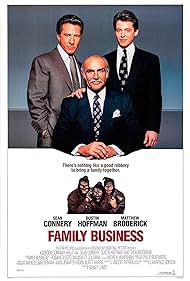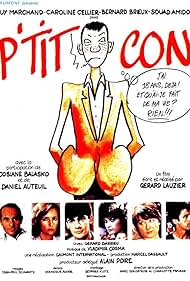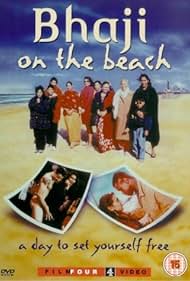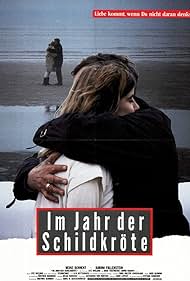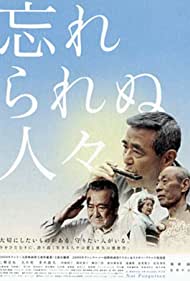Television Soundtrack (2012)

Buy on Amazon Play and download Soundtracks
Television
Television
Television
Synopsis
As a leader of the local community, Chairman Amin bans every kind of image in his water-locked village in rural Bangladesh. He even goes on to claim that imagination is also sinful since it gives one the license to infiltrate into any prohibited territory. But change is a desperate wind that is difficult to resist by shutting the window. The tension between this traditional window and modern wind grows to such an extent that it starts to leave a ripple effect on the lives of a group of typically colorful, eccentric, and emotional people living in that village. But at the very end of the film, Television, which he hated so much, comes to the rescue and helps Chairman Amin reach a transcendental state where he and his God are unified. A new twist to the story makes him embrace IMAGE and IMAGINATION



